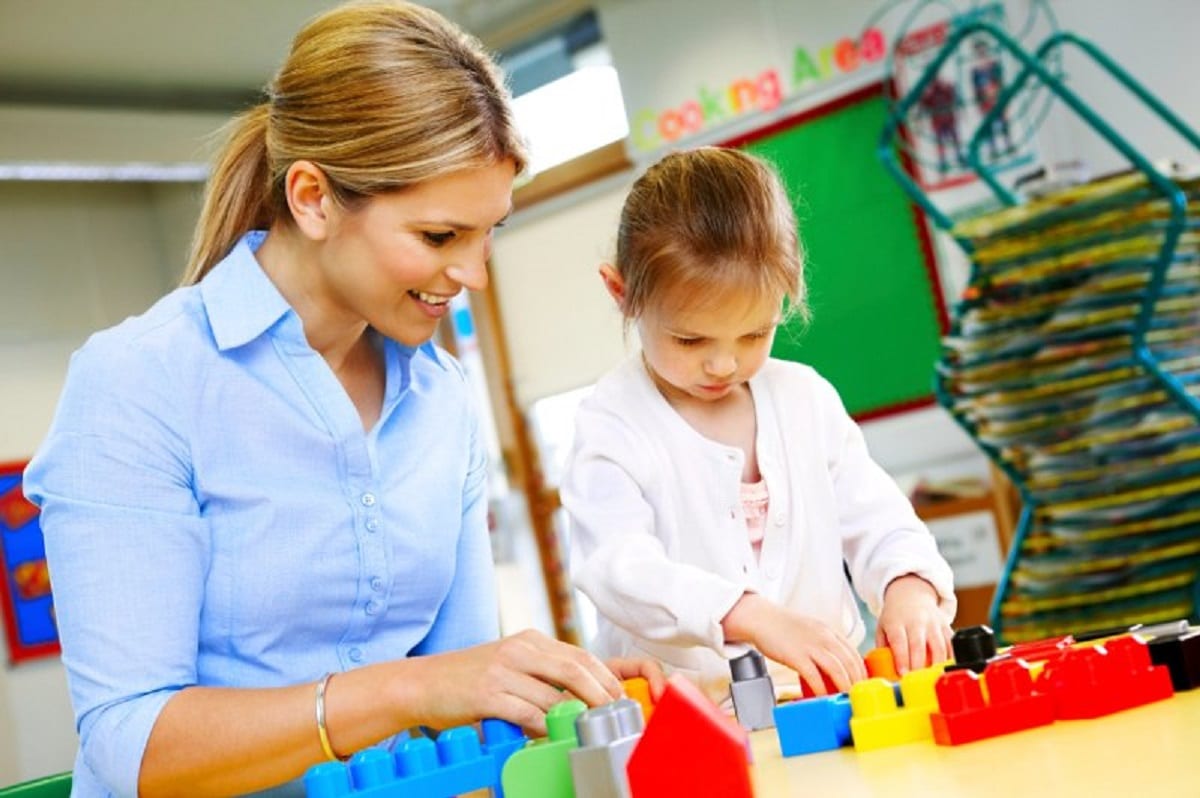While they don’t go to a job, children’s occupation is everything they do throughout the day, including playing, socializing, learning, etc. The purpose of occupational therapy sessions is to help children become more proficient, comfortable, and independent in these areas of life.
During the session, a therapist will address a variety of areas of deficits, including:
- work
- school
- Hobbies
- Emotional skills
- Social situations
- Household tasks
Each occupational therapy session is designed to meet the child’s specific needs in a warm and comfortable environment and is created to reflect the child’s interests. The therapist is the child’s playmate, advocate, and mentor. Here is how these sessions with a therapist can help transform your child’s life:
-
Developmental play
An array of stimulating toys can be found in the office of an occupational therapy therapist. These toys are usually age-specific and as per the ability of each child patient.
For instance, a child might enjoy throwing and catching the ball during one session while another might like solving puzzles. The ball exercise will likely improve gross motor skills, while a puzzle is used to enhance visual processing and hand-eye coordination.
Toys are crucial in occupational therapy sessions because they allow kids to work on their skills without even knowing they are doing so. The therapist presents a toy during each session. The child then gets a chance to work on the play exercise and improve their skills naturally. It also allows the therapist to assess whether progress has been made accurately.
-
Social development
Some children experience developmental delays, and it’s a therapist’s job to assess what’s causing these delays based on the interaction with close family members and friends, so they usually take place at school and home.
Each occupational therapy session revolves around developing social skills that are integrated naturally into the child’s life through various plays. Regular sessions are meant to enhance a child’s social ability. It is one of the significant reasons most parents are now considering occupational therapy sessions in Suffolk County for their children.
-
Daily living skills
Children who are physically or otherwise disabled have special requirements when it comes to learning independence and self-care. In such circumstances, occupational therapy sessions are done at home or in a simulated environment. Self-care exercises might include the introduction of simple hygiene, such as brushing teeth and applying deodorant, and daily basics, such as feeding and dressing oneself.
To ensure the child’s maximum independence, a therapist must first assess what the child can and cannot do on his/her own. After evaluating the child’s abilities, the therapist must develop a plan to introduce basic daily living skills into the child’s routine. Due to each child’s unique circumstances, self-care options vary from patient to patient.
Final thoughts
Occupational therapy sessions work for a child’s brain, disguised as play. All children engaged in occupational therapy experience boosted confidence and self-esteem that comes from learning a new skill or overcoming a challenge. Parents are The smile on their faces will say it all. Parents are relying on occupational therapy sessions in Riverhead for their kids. You may also like to try it. The smile on your child’s face will say it all!

